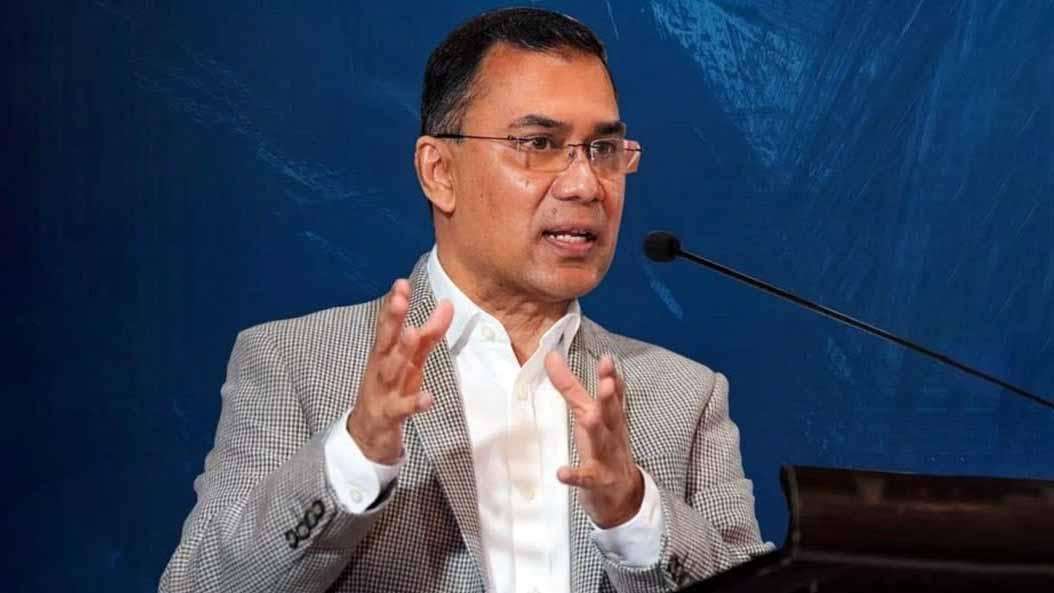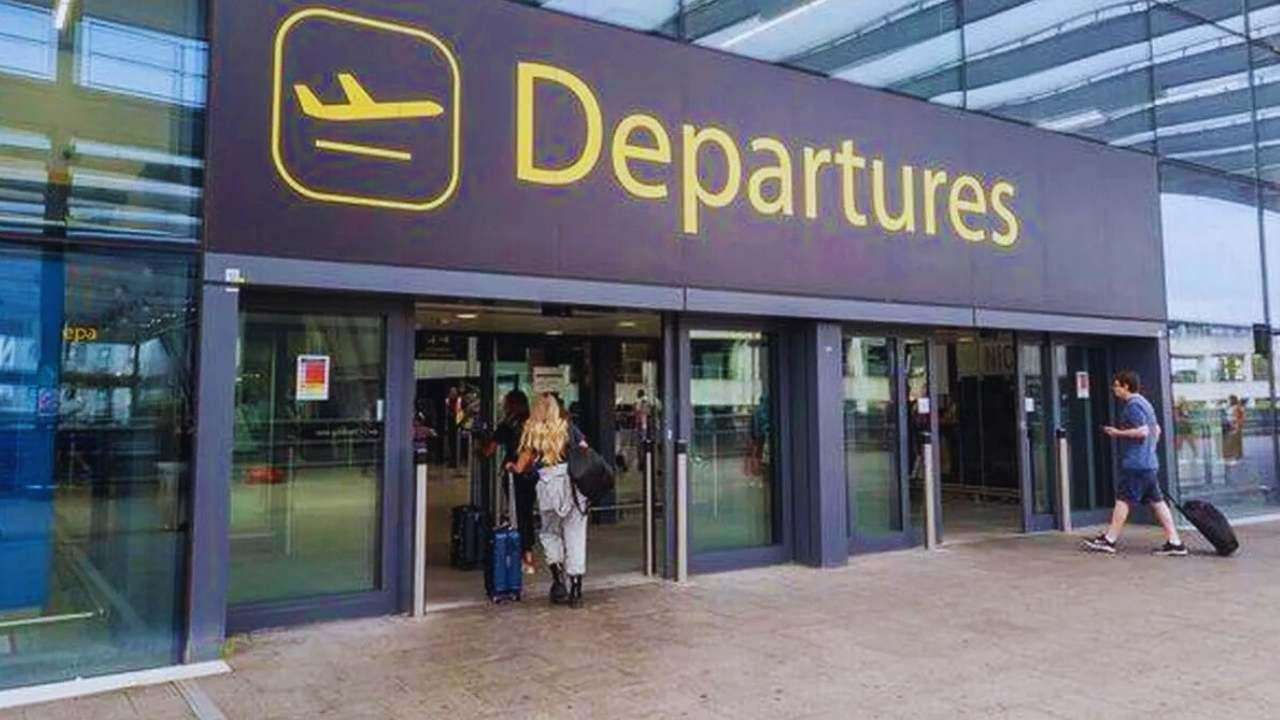Saudi Arabia has implemented its most rigorous health and safety standards to date for the upcoming Hajj 2026 pilgrimage, issuing a comprehensive ban on prospective pilgrims with a wide range of severe chronic and infectious diseases. This dramatic escalation aims to safeguard the health of the millions of worshippers and ensure the smooth, safe execution of the sacred journey, particularly in the face of intense physical demands, extreme heat, and immense crowds.
The Ministry of Hajj and Umrah's new directives are unequivocal: all international pilgrims must be "free from infectious, serious, or uncontrolled chronic diseases" and possess the physical capacity to perform the arduous rituals "independently." This policy represents a fundamental shift, mandating that national Hajj authorities worldwide enforce rigorous pre-travel medical examinations and issue certified health declarations that are now a prerequisite for visa approval. Any violation of these health mandates will result in the immediate denial of entry to the Kingdom.
Mandatory Exclusion: Who Cannot Perform Hajj 2026?
The expanded list of medical conditions that automatically disqualify an applicant from receiving a Hajj visa is extensive. It includes patients suffering from major organ failure, such as chronic kidney failure (requiring dialysis), serious heart disease or heart failure, chronic lung disease, or chronic liver disease.
The ban also targets those with severe neurological or psychiatric disorders that substantially impair cognitive or motor function, including elderly pilgrims with advanced dementia or severe physical frailty. Furthermore, individuals with active infectious diseases like open pulmonary tuberculosis (TB) and haemorrhagic fevers, as well as active cancer cases receiving intensive treatments (chemotherapy or similar), are barred. The regulations also exclude women in the last trimester of pregnancy or those with a high-risk pregnancy at any stage, alongside individuals who are fully dependent on a wheelchair or continuous personal assistance for mobility.
Stricter Compliance: Health Certificates and Vaccinations
To enforce these new health thresholds, the Kingdom has made mandatory compliance with specific immunisations and documentation. All pilgrims must present valid certificates proving they have received the Meningococcal vaccine (ACWY), the Seasonal Influenza vaccine, and the COVID-19 vaccine (with proof of full vaccination using a Saudi-approved dose). Additional vaccinations for Polio and Yellow Fever are also mandatory for travellers from certain regions.
Crucially, every pilgrim must submit a verified Health Declaration as part of the visa application, explicitly certifying they are free from the disqualifying diseases and possess the required physical fitness. This shift transforms the pre-travel medical check-up from a recommendation into a decisive visa requirement.
New Rules for Quality: Seasonal Housing Licensing
Beyond health, Saudi Arabia is modernizing its infrastructure management. A new seasonal licensing system has been launched for temporary pilgrim accommodation in Makkah and Madinah. This initiative, developed in collaboration with the Ministries of Tourism and Municipalities and Housing, aims to boost hospitality capacity while ensuring stringent safety and quality control. Property owners must now register via the centralized digital platform, Nusuk Masar, and secure their licenses through the Ministry of Tourism's electronic portal. This contracting period will close on February 1, 2026, with the goal of integrating all licensed facilities directly into the official Nusuk booking system to eliminate substandard housing and streamline reservations.
Daily Dazzling Dawn Analysis: Hypothetical Near-Term Hajj Effects
The Kingdom's robust health crackdown is not merely a policy change; it represents a strategic pivot toward a younger, medically fitter pilgrim base. This will inevitably impact global Hajj preparations and trigger a wave of further regulatory updates.
Immediate Socio-Logistical Impact
The initial effect will be a notable reduction in eligible applicants from older demographics and those with chronic, albeit stable, conditions like moderate diabetes or hypertension, which now fall under a higher scrutiny threshold. This may compel national Hajj committees to review their internal criteria, potentially creating a priority track for seniors above 70 who are certified exceptionally medically fit to ensure quotas are met without sacrificing safety standards. The ban on those requiring full assistance will also spur demand for an officially recognized 'Assisted Pilgrimage' visa category, allowing moderate-disability pilgrims to participate with a pre-certified, Saudi-approved professional medical support team.
Anticipated Rules for Control and Compliance (Pre-2026 Hajj)
Based on Saudi Arabia's push for digital integration and strict compliance, we can anticipate three key regulatory updates to emerge soon:
Digital Health Integration Mandate: A new rule is highly likely that will compel pilgrim-sending nations to integrate their national health screening systems directly with the Nusuk platform. This would allow for the real-time, tamper-proof verification of medical fitness before a visa is issued, standardizing compliance and eliminating fraudulent paper certificates globally.
Health Checkpoints at "Road to Makkah" Gates: The "Road to Makkah" initiative, which streamlines immigration at foreign airports, is expected to expand to include mandatory pre-departure medical check-ups at these designated hubs. This final, Saudi-administered health assessment would serve as the ultimate checkpoint to prevent medically unfit pilgrims from boarding flights.
Accommodation Penalty System: To enforce the new seasonal licensing via Nusuk Masar, the next rule will surely announce massive financial penalties and immediate deportation for any pilgrim found to be housed in non-licensed accommodation. This will force compliance on pilgrims and operators alike, ensuring adherence to the Kingdom's safety and quality standards for housing.







.jpg)
.svg)

_1.jpg)
